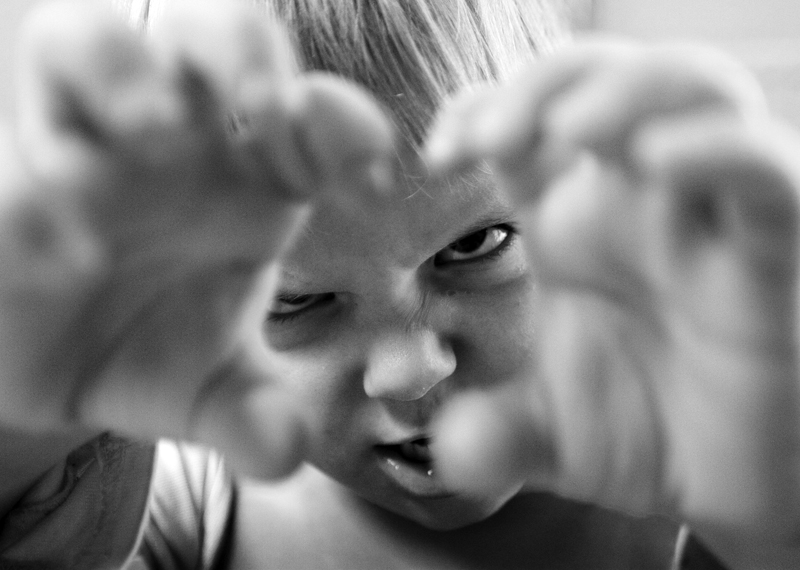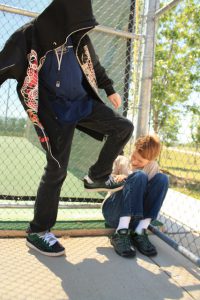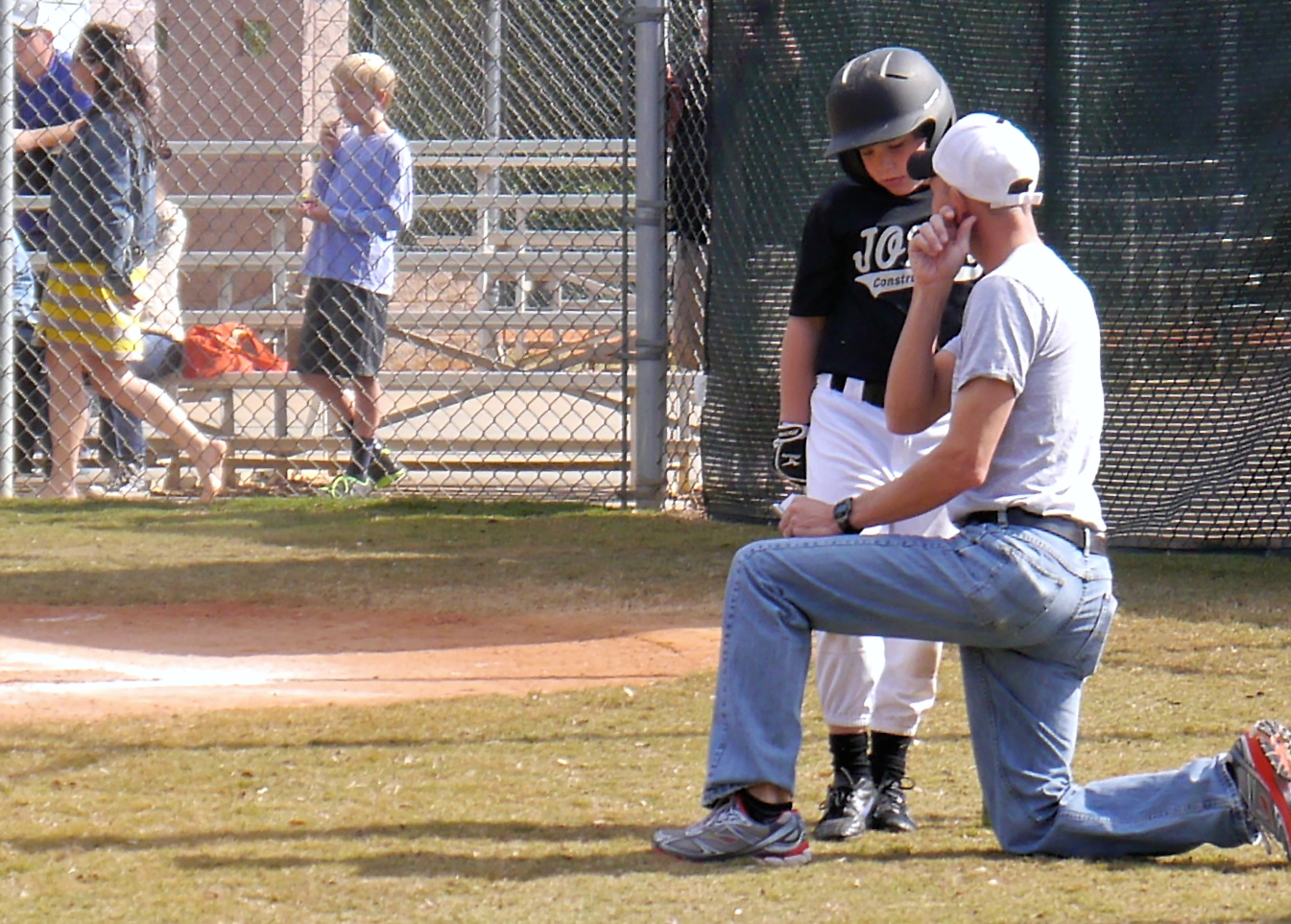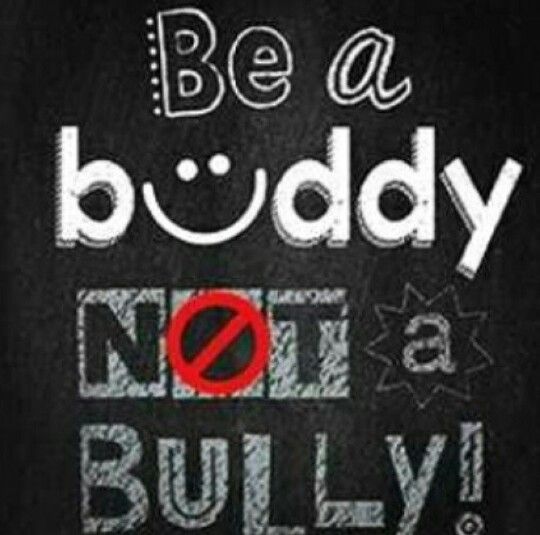
We’ve all encountered bullies at some point in our lives. Some of us have been bullied and some have been the bullies. This is a centuries old problem and it occurs in every aspect of life, so of course it takes place on baseball and softball teams.
This can be especially frustrating when your child is the one being bullied. It can happen during games, practices, at school, and other events where the teammates are together. Sometimes the kids even gang up on one child.
 Bullying isn’t always physical, and often takes the form of verbal abuse and teasing. There can be situations when a player is not performing well and another player or group of players makes fun of him or her for striking out or making errors. Players who are teased can get so upset that they lose interest in playing, but don’t want to say why.
Bullying isn’t always physical, and often takes the form of verbal abuse and teasing. There can be situations when a player is not performing well and another player or group of players makes fun of him or her for striking out or making errors. Players who are teased can get so upset that they lose interest in playing, but don’t want to say why.
According to Psychology Today, “A number of studies show that victimized children often suffer mental health problems, particularly depression and anxiety, that endure through adulthood.” So obviously, you want to stop bullying from happening very quickly to ensure that these ongoing effects are nipped in the bud. Also, there is evidence that “harshly punitive home environments can breed children who are at risk of becoming aggressive, emotionally dysregulated victims”, who then become bullies.
No one wants their child to be weak and sometimes we encourage them to fight back when they’re being bullied. Dealing with bullies can be very difficult and experts say that walking away is almost always the best option because physical confrontation is the weaker position. But, what if they can’t walk away because they’re in the dugout with the bully?
This situation can be even tougher when the bully is the coach’s kid or one of the “star” players. I have seen kids get away with bad behavior because they are the better players and the coaches turn a blind eye because they don’t want to lose them.
 If you find out that your child is being bullied by a teammate or multiple teammates, I recommend that you have your child talk to the coach one on one to let him or her know what is happening. This will empower your child to feel like he is handling the situation on his own. Most coaches don’t want negative energy interfering with the team, and they will sit the kids down and talk to them as a group. One lecture from the coach is usually enough to end any bullying that may be occurring.
If you find out that your child is being bullied by a teammate or multiple teammates, I recommend that you have your child talk to the coach one on one to let him or her know what is happening. This will empower your child to feel like he is handling the situation on his own. Most coaches don’t want negative energy interfering with the team, and they will sit the kids down and talk to them as a group. One lecture from the coach is usually enough to end any bullying that may be occurring.
If that doesn’t work and your kid is still being bullied you should go to the coach yourself, away from the rest of the players and parents and discuss finding a solution to the problem. If the coach is not responsive to your requests, you may have one of those coaches who cares more about protecting his “star” players and winning, than in having harmony on the team. In my opinion, that’s not a coach I would want my kids to play for.
You can help your child to build a healthy sense of self-respect, which will help him or her avoid becoming a victim of bullies. And, teaching basic respect for others helps to prevent them from becoming bullies. You should also set an example by being a good role model and treating people with respect.
Encourage good communication from your child so they talk to you when something is wrong, and learn to recognize when they are upset so you can deal with any bullying issues before they get out of hand.

If you enjoyed this, you might enjoy my article: Is Your Kid the Big Kid?



